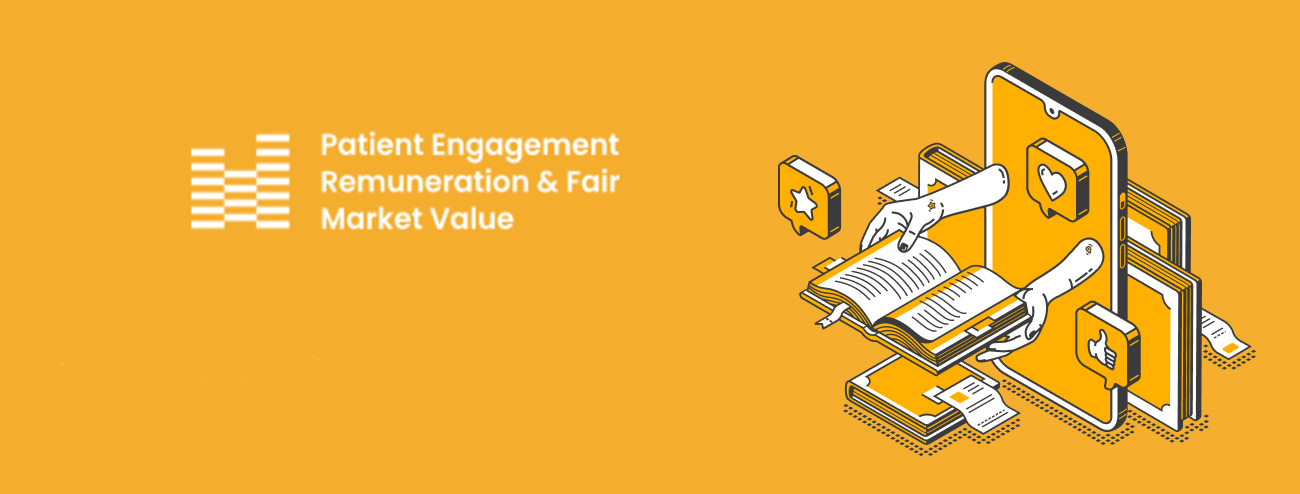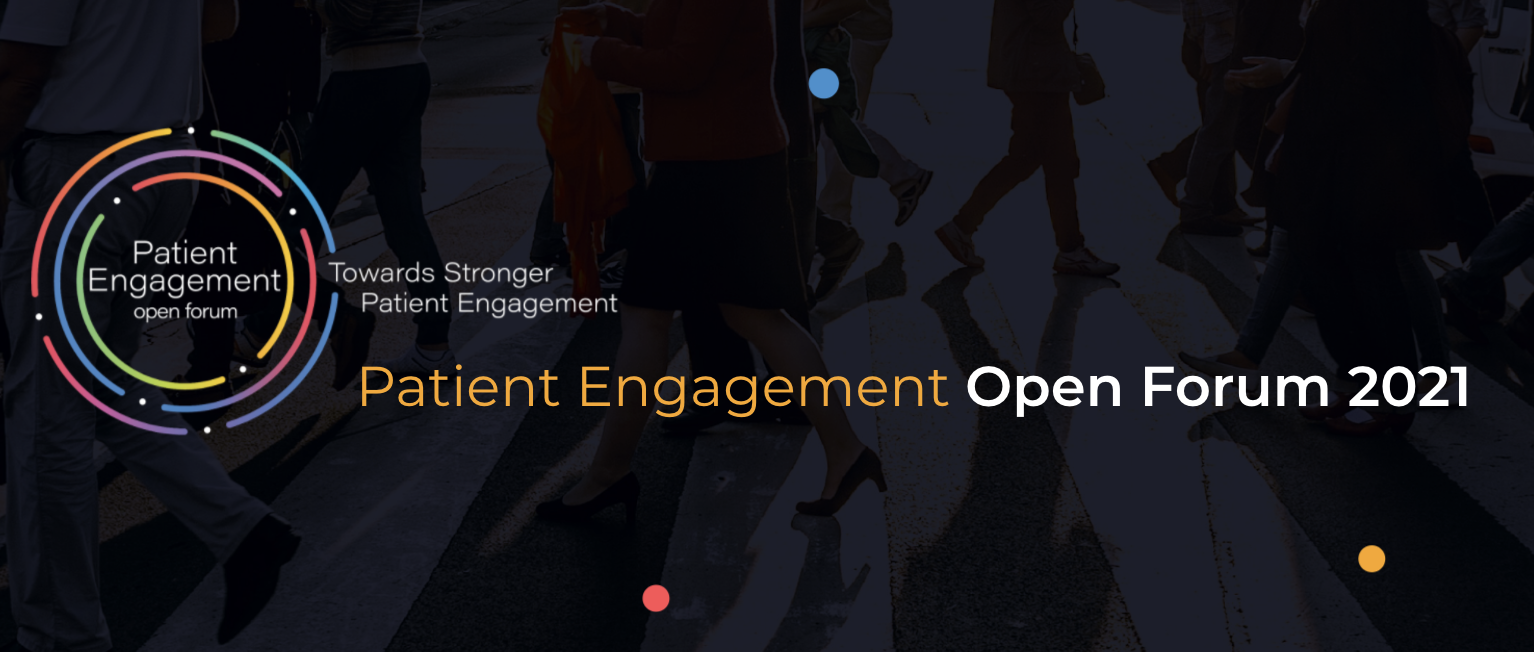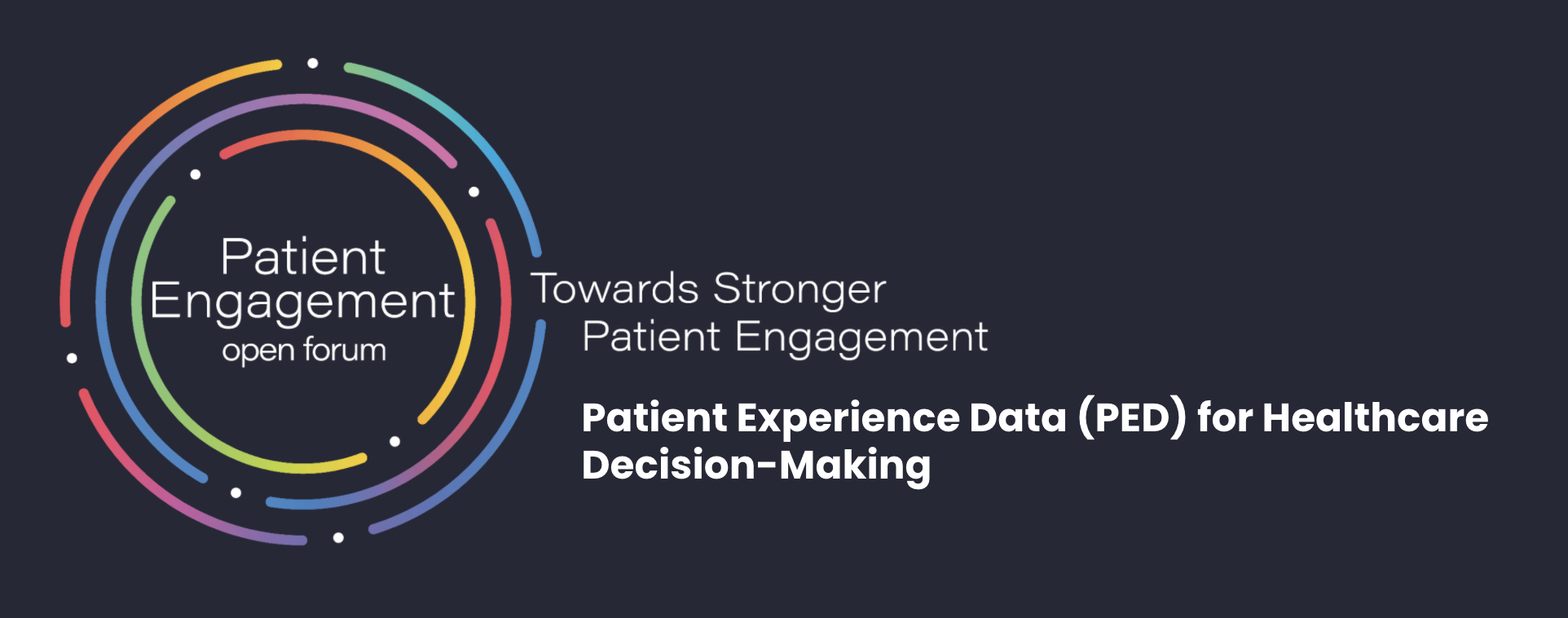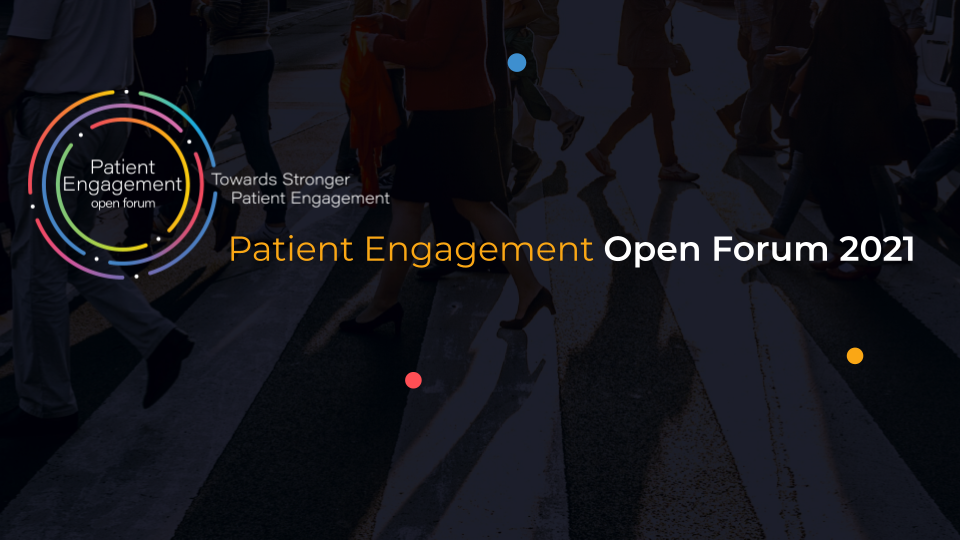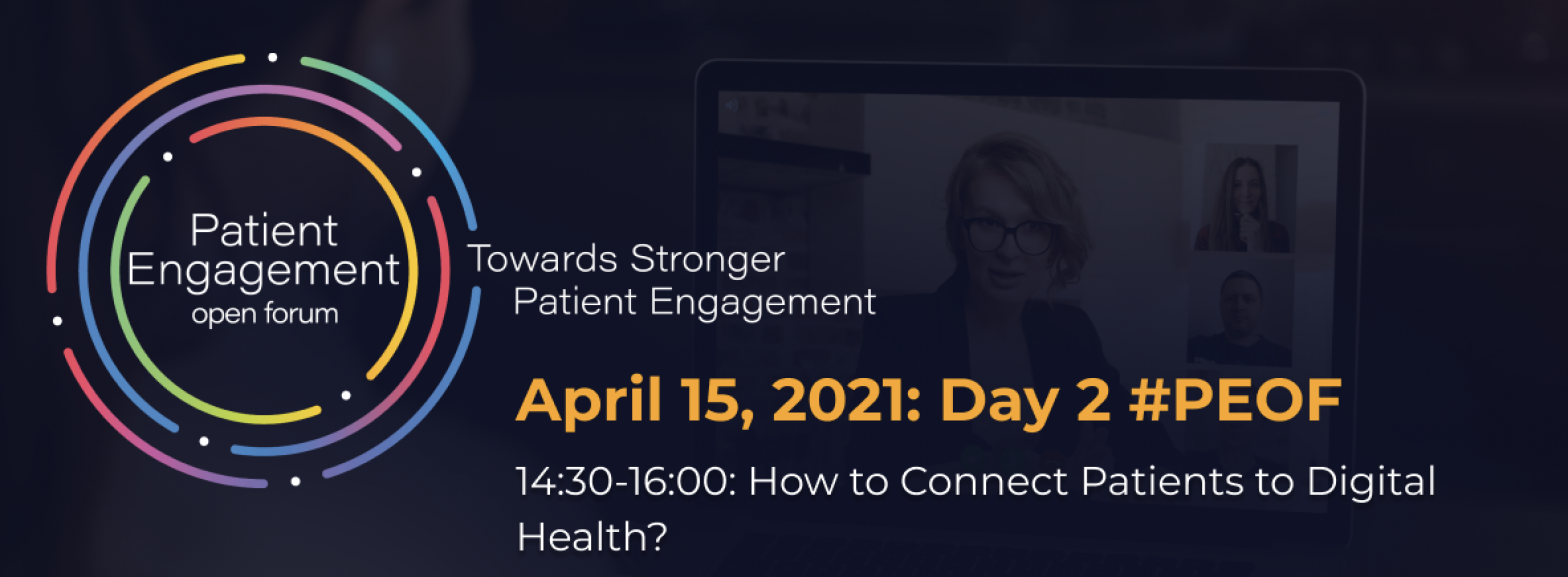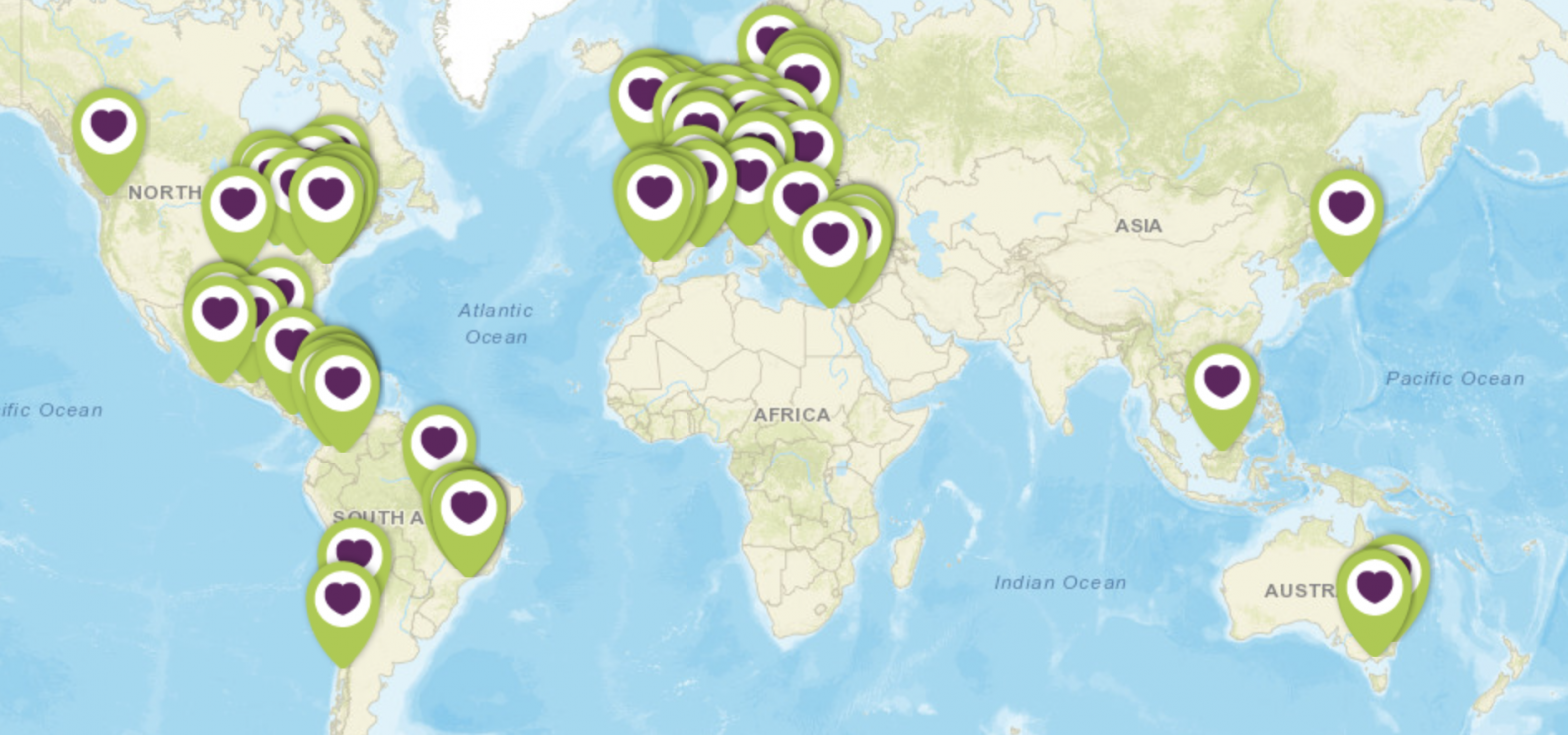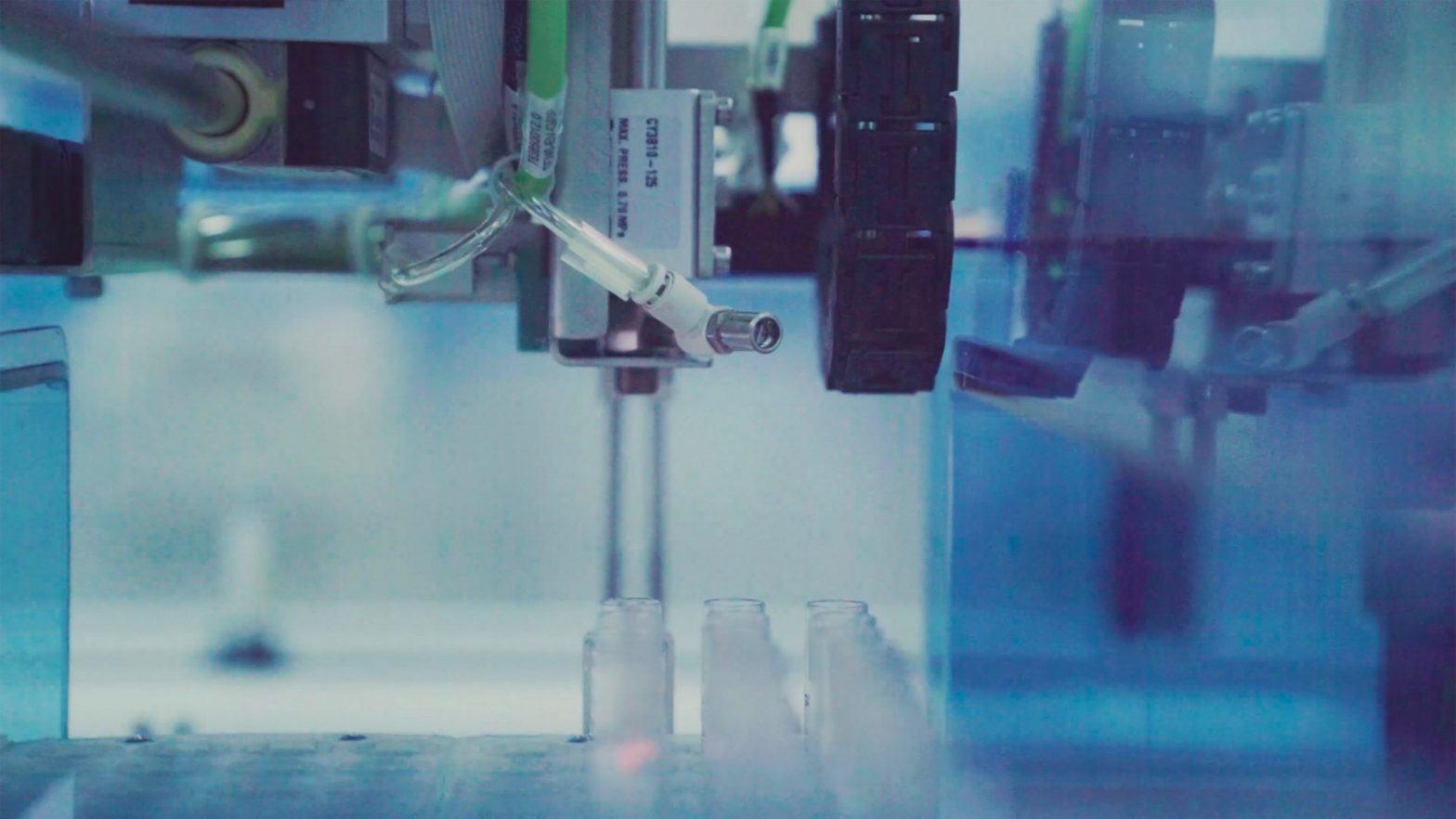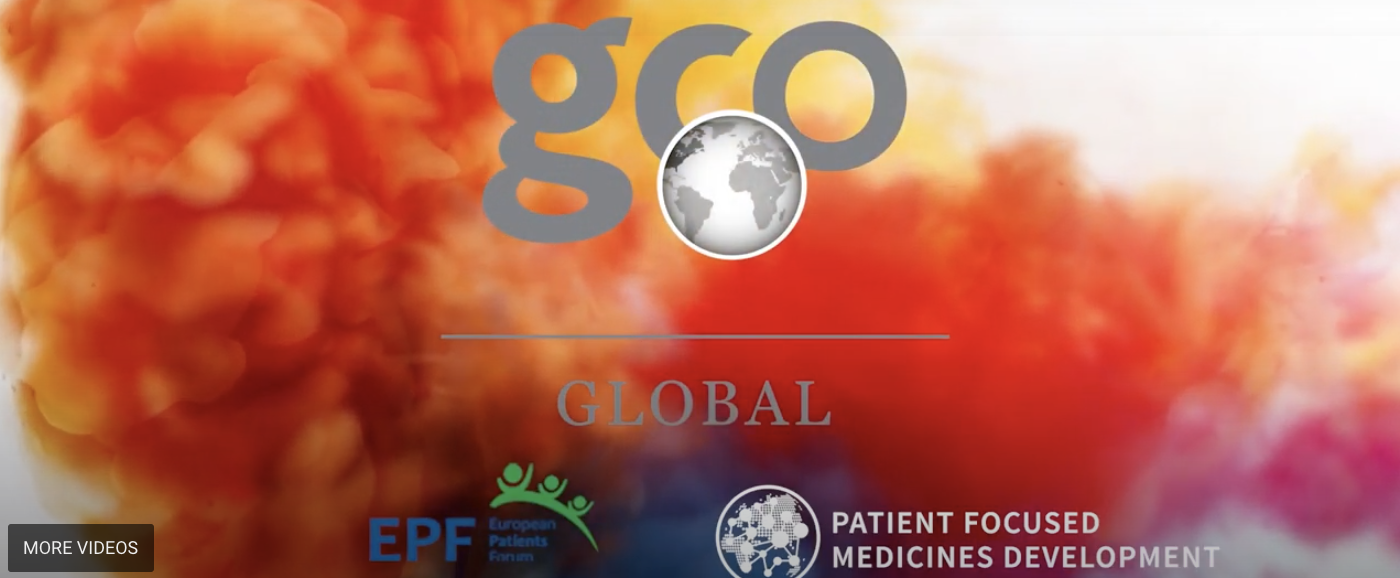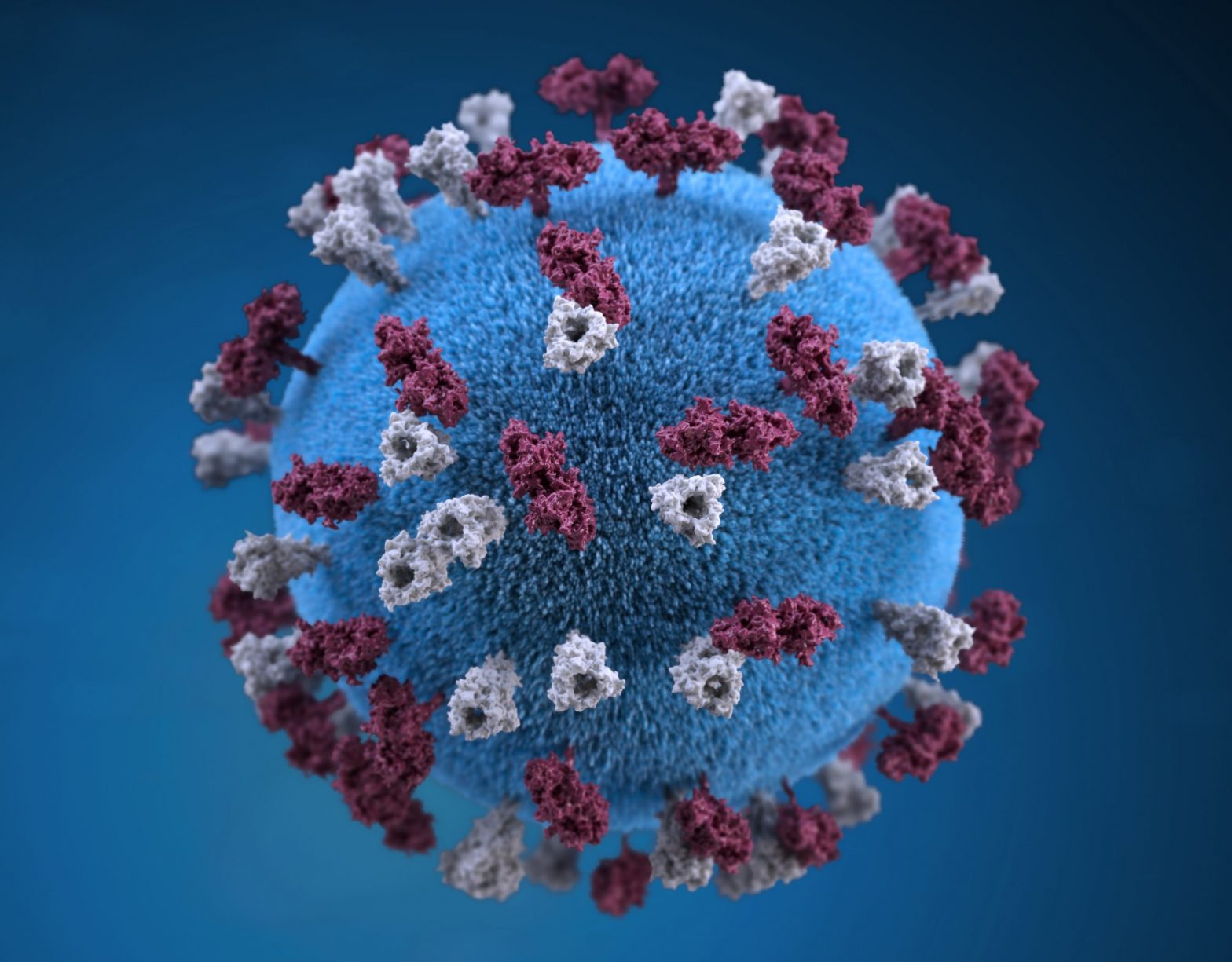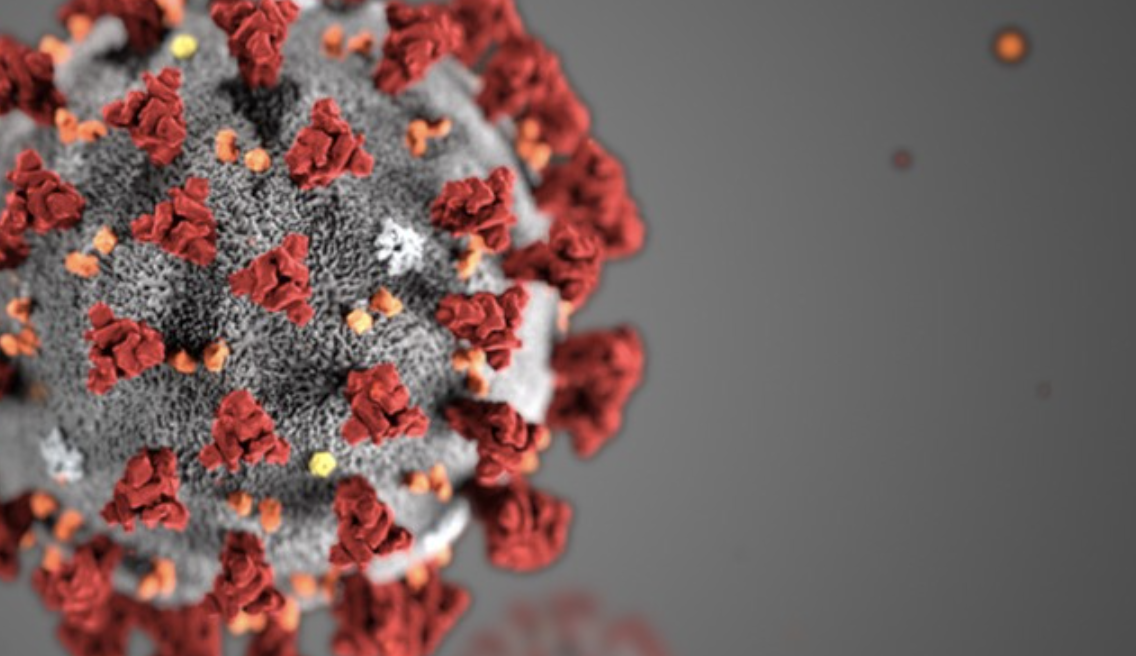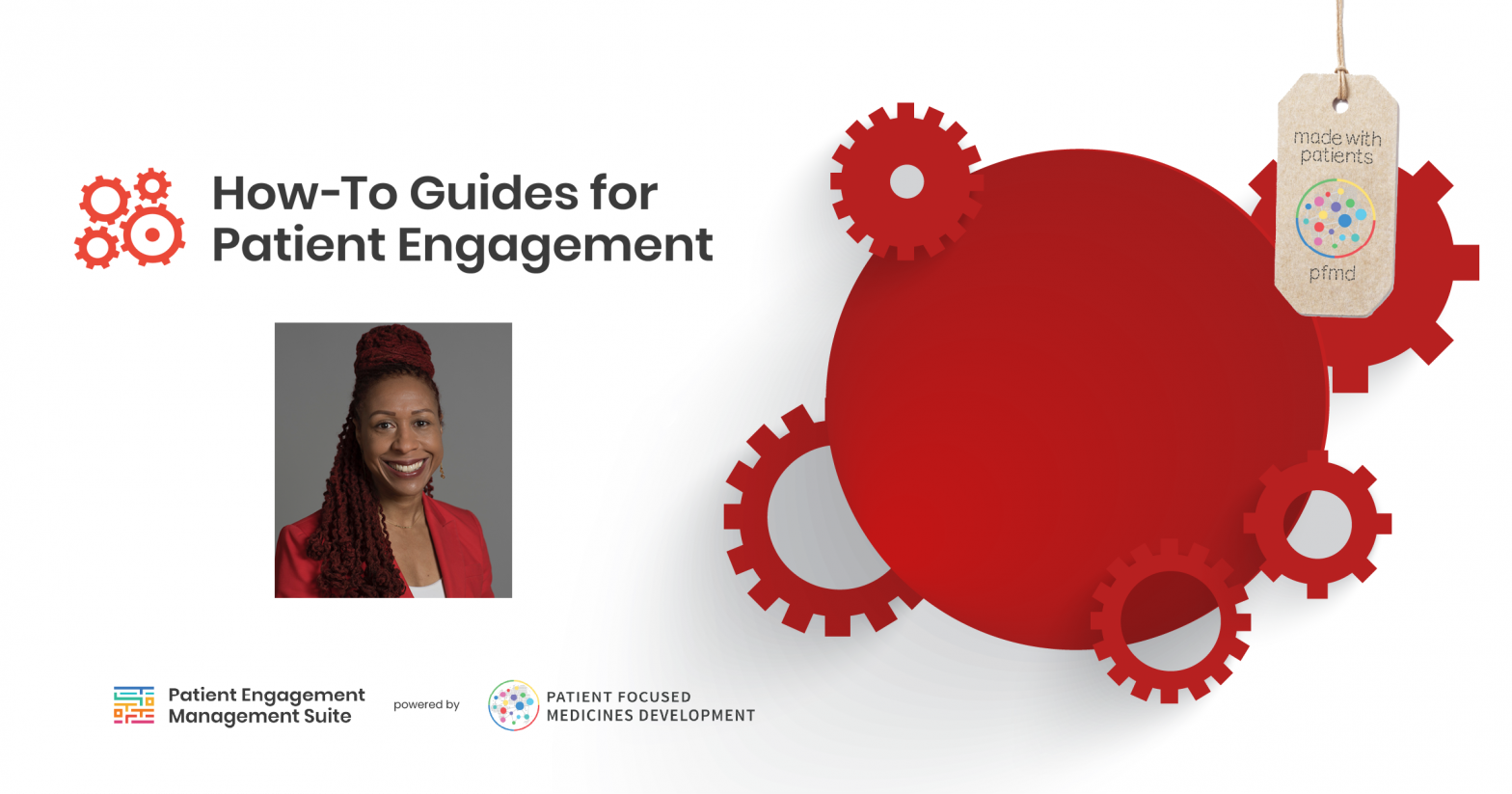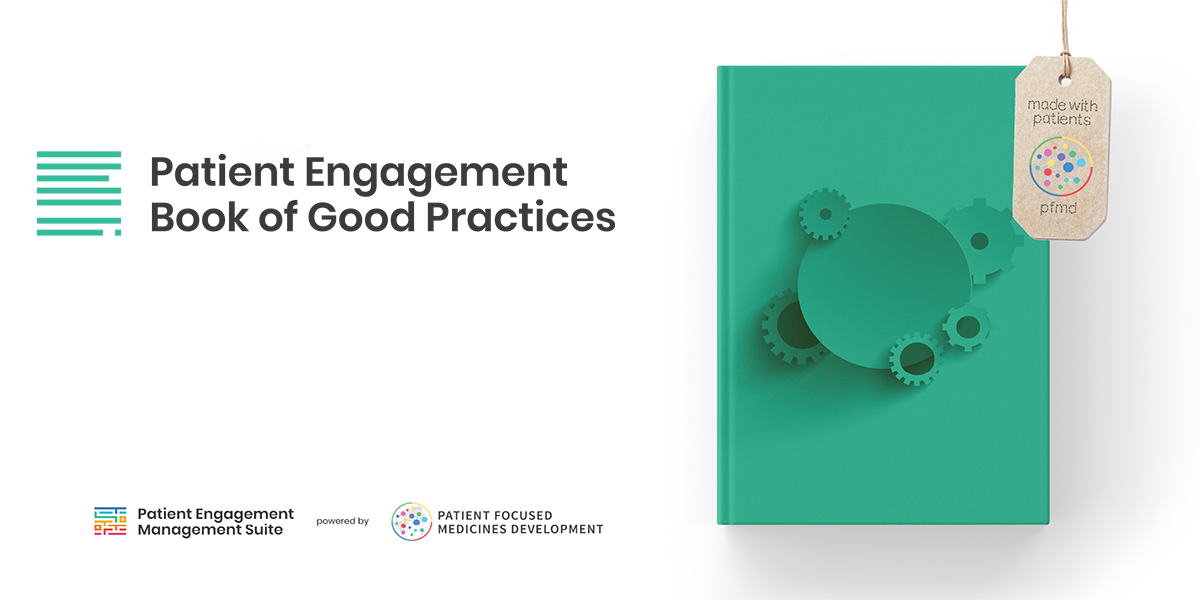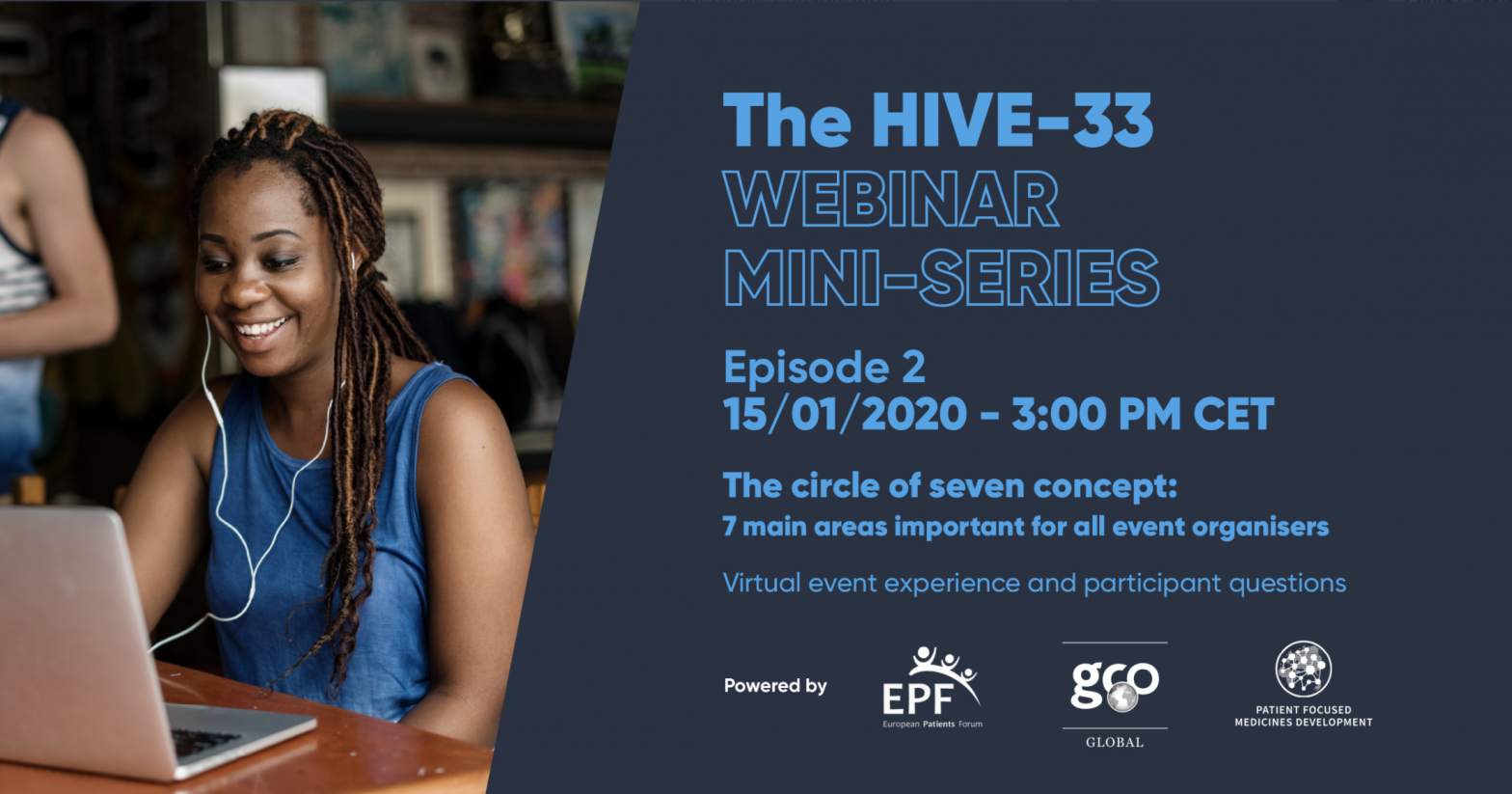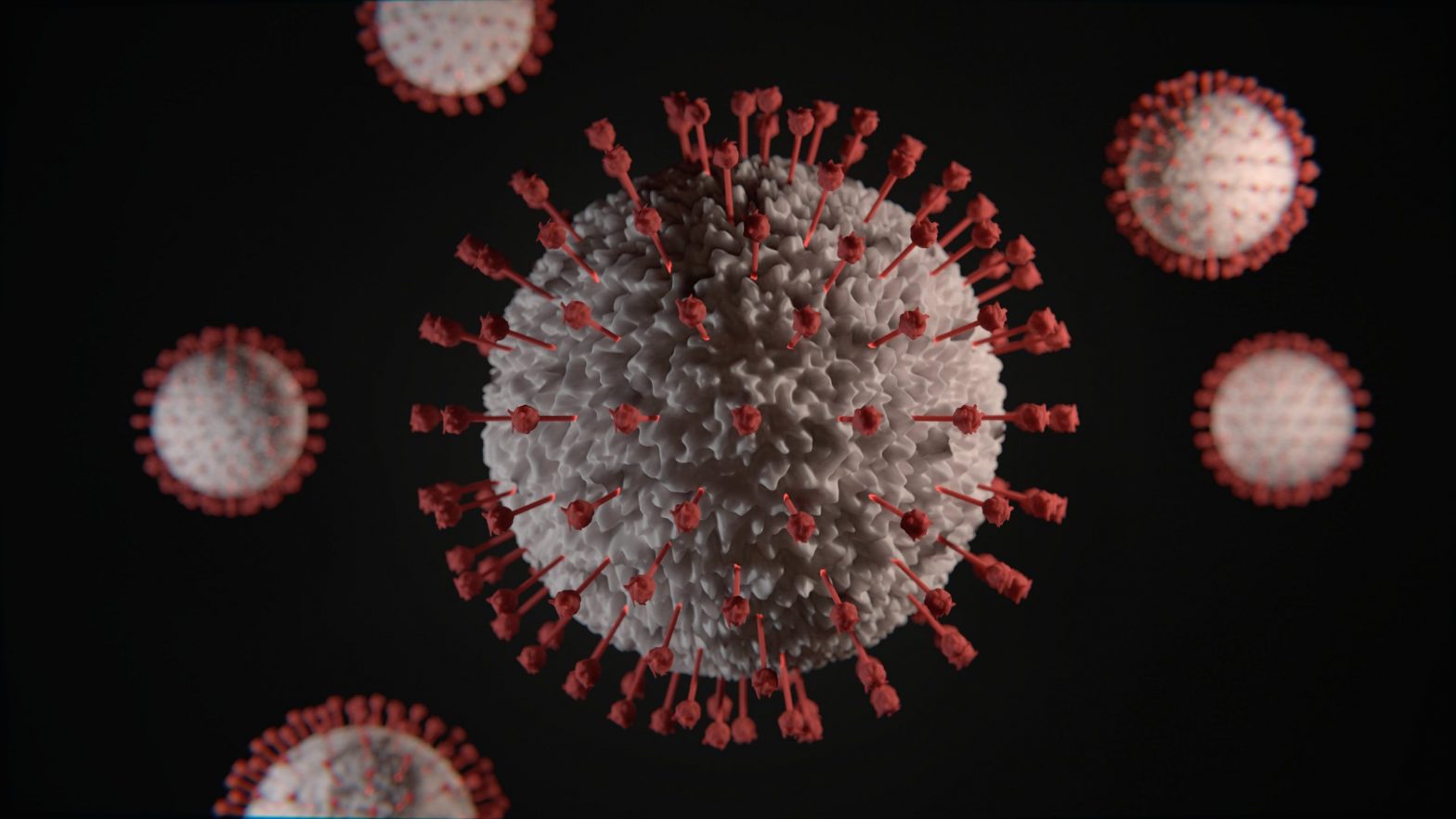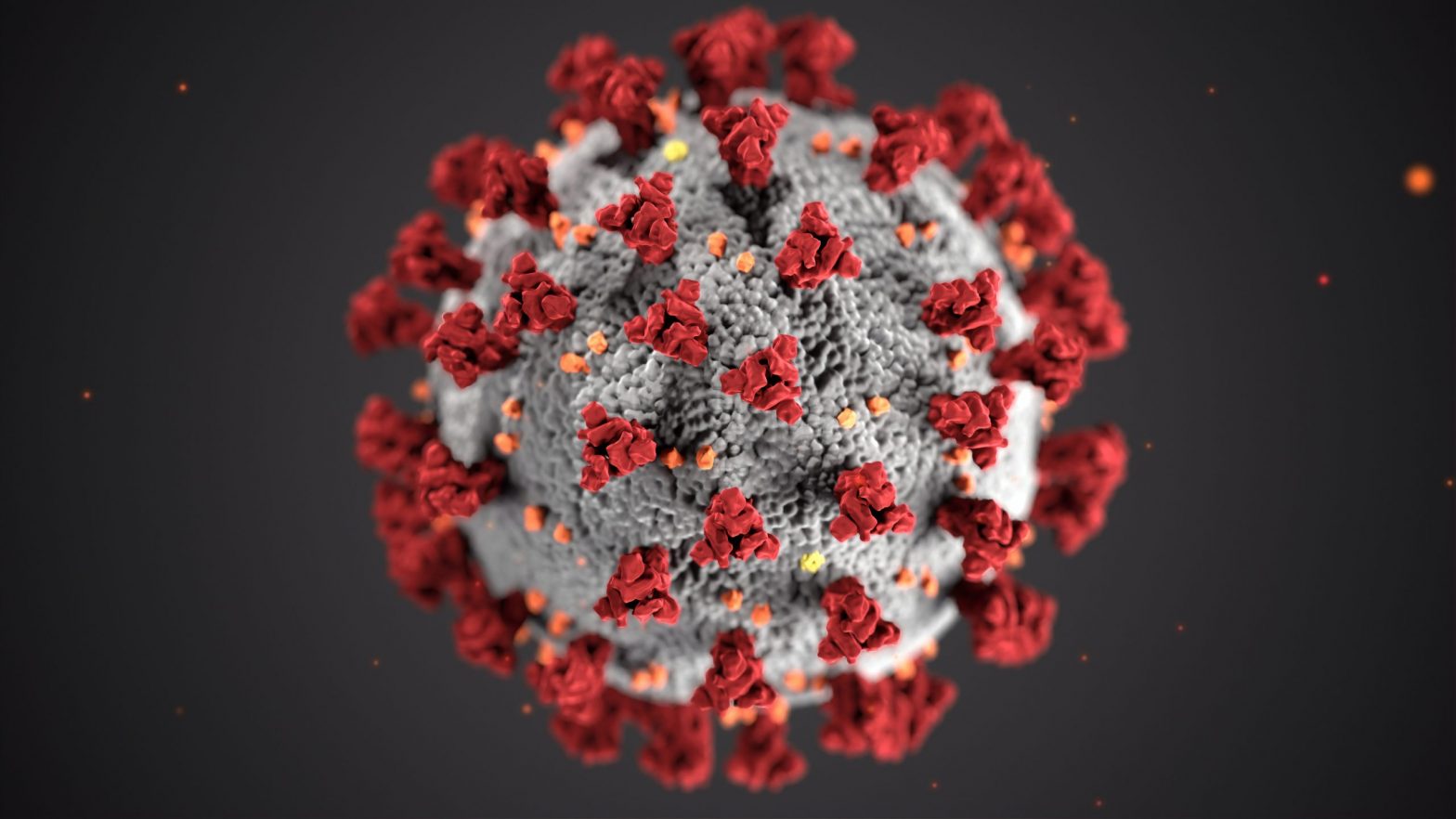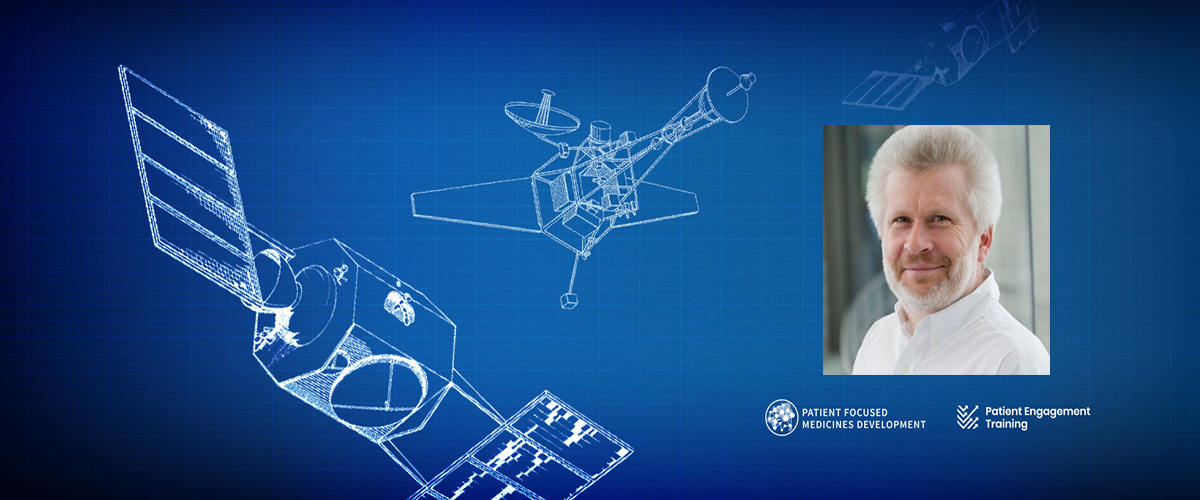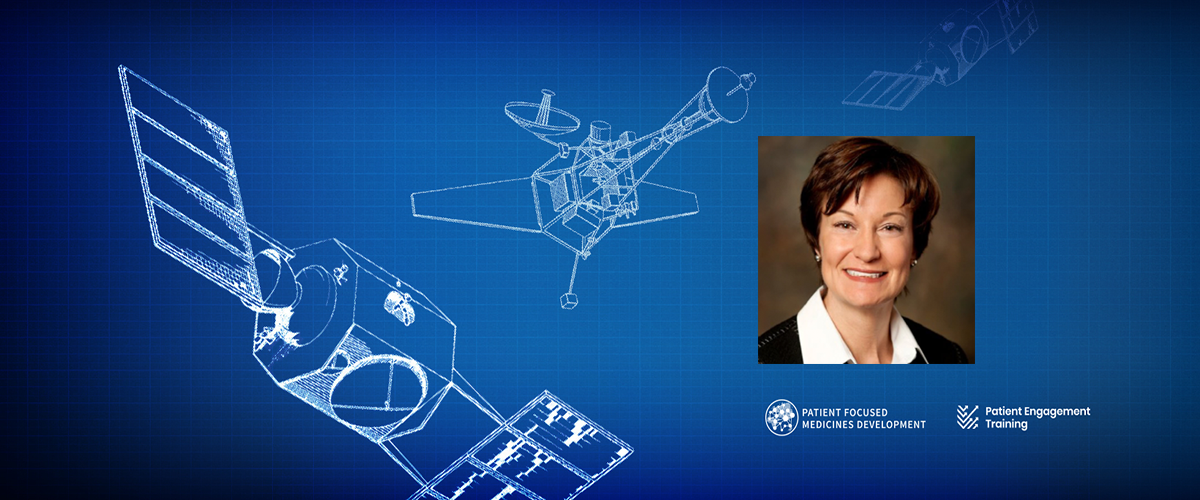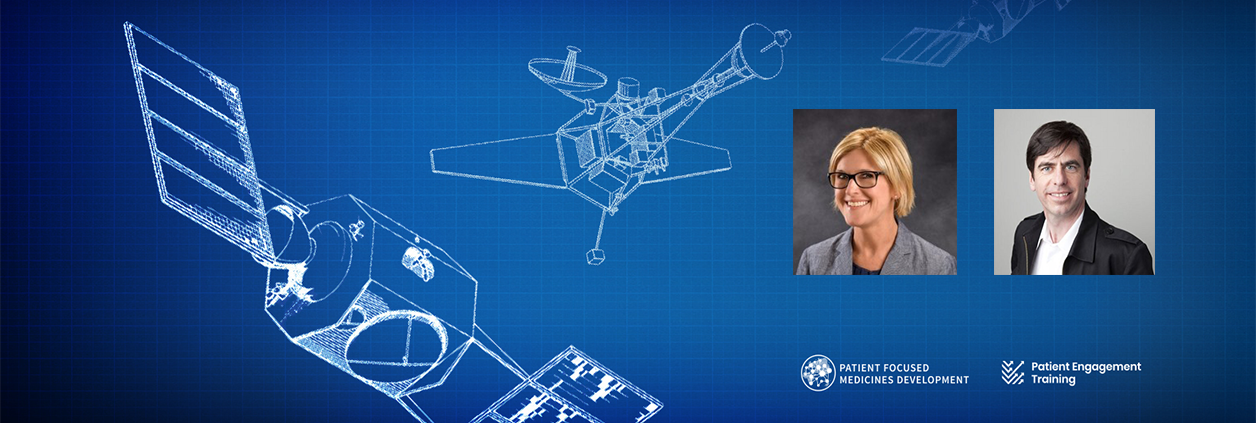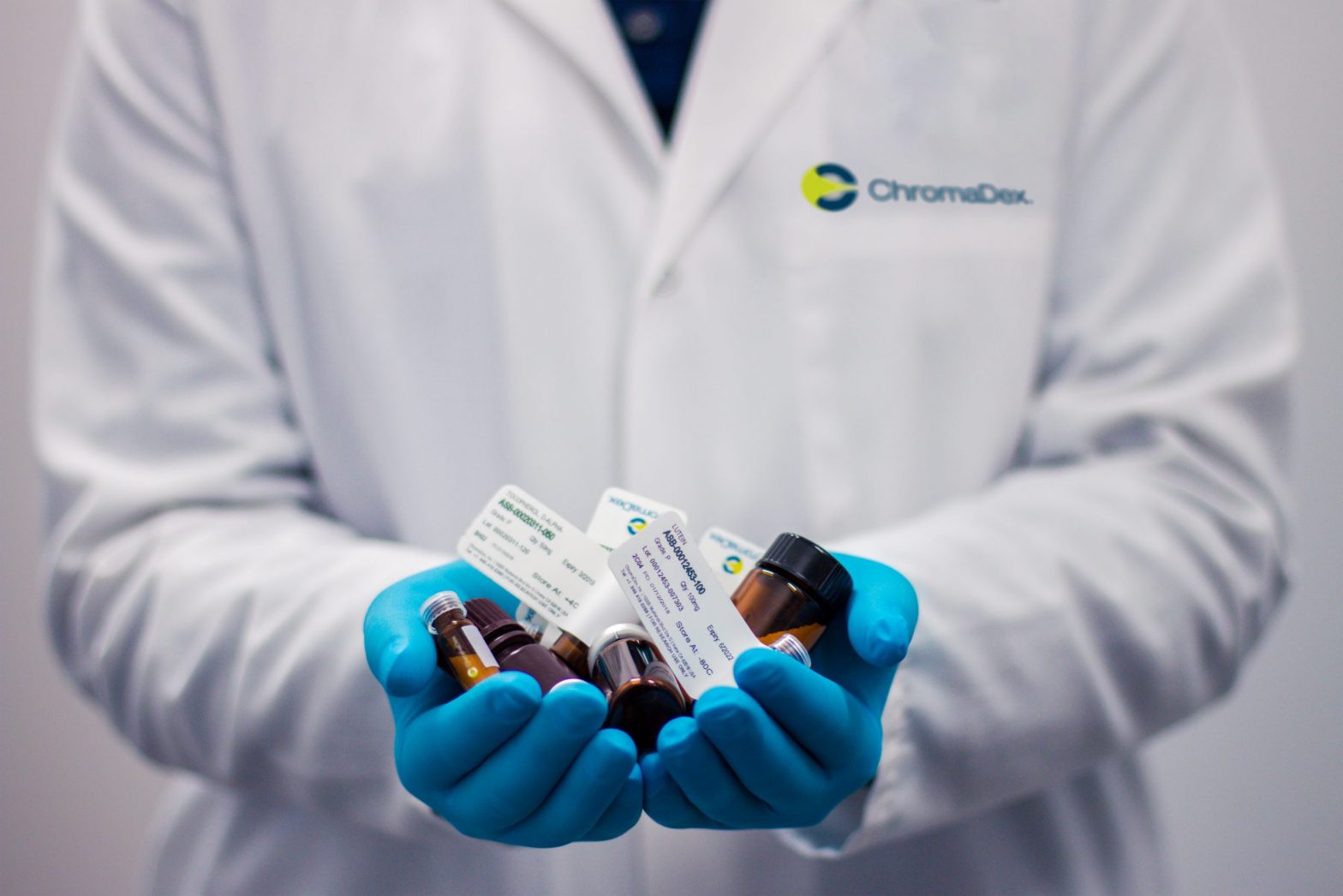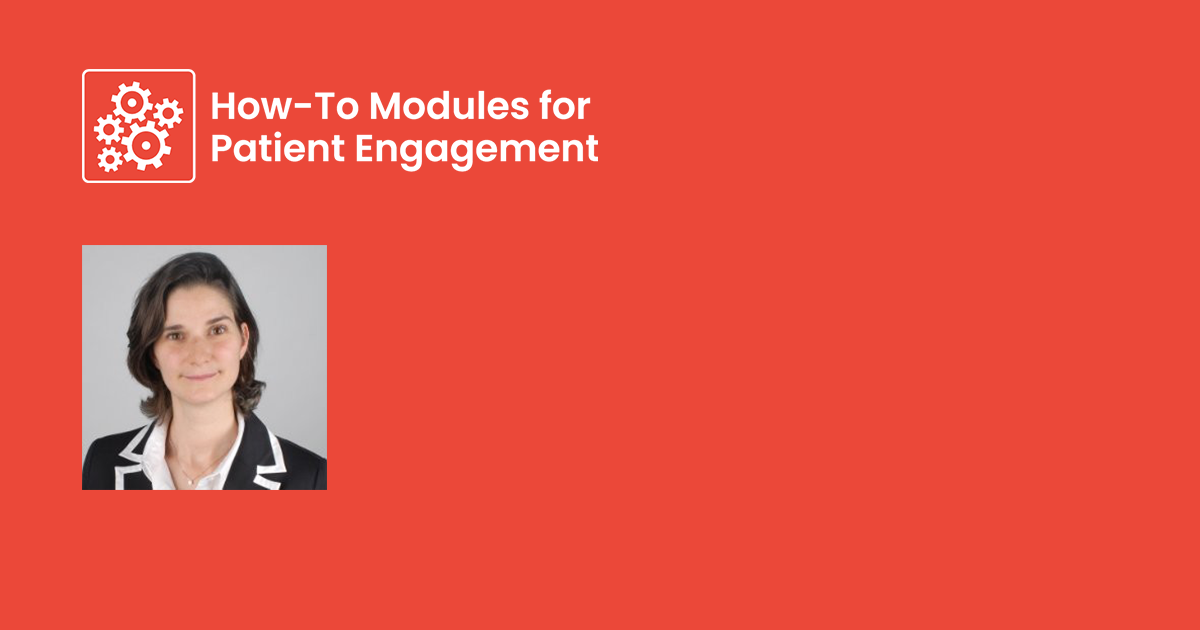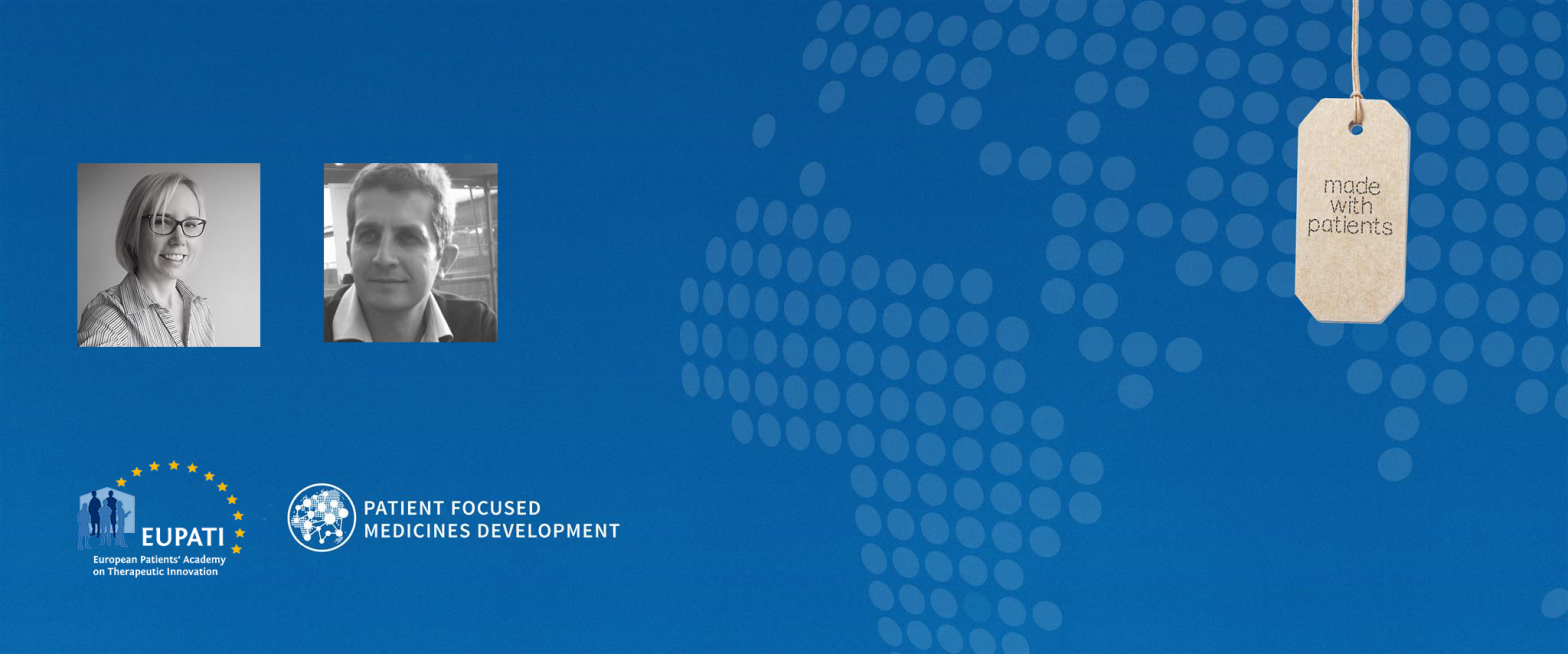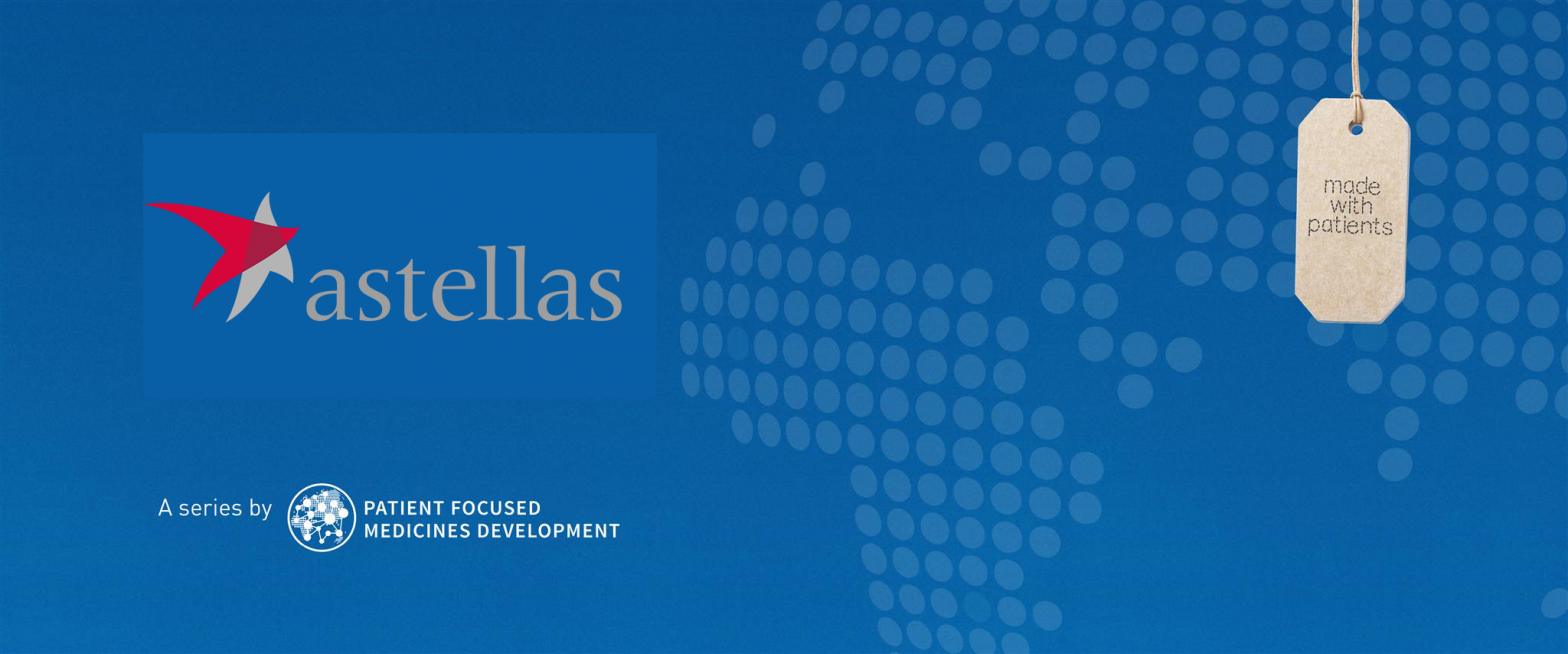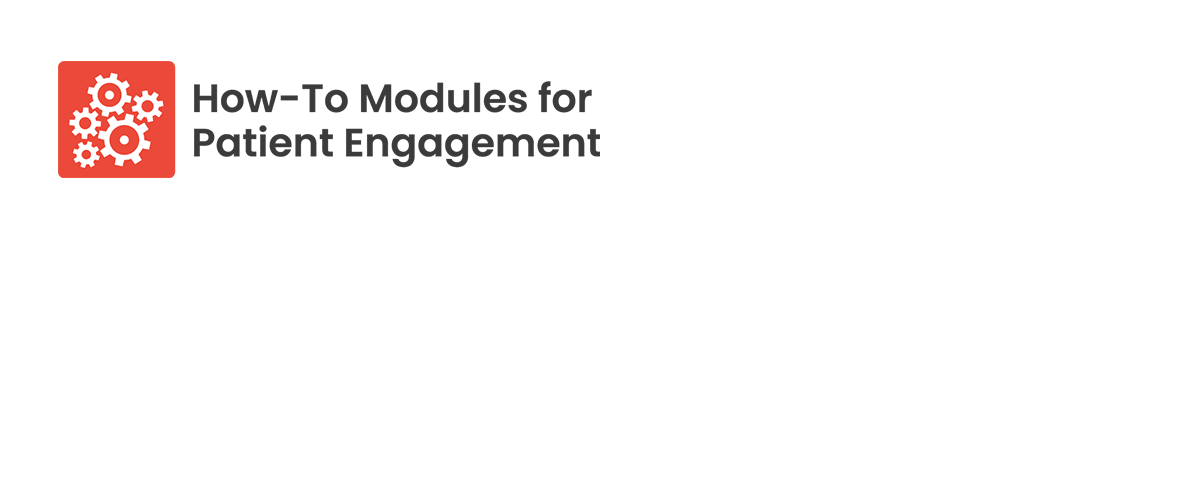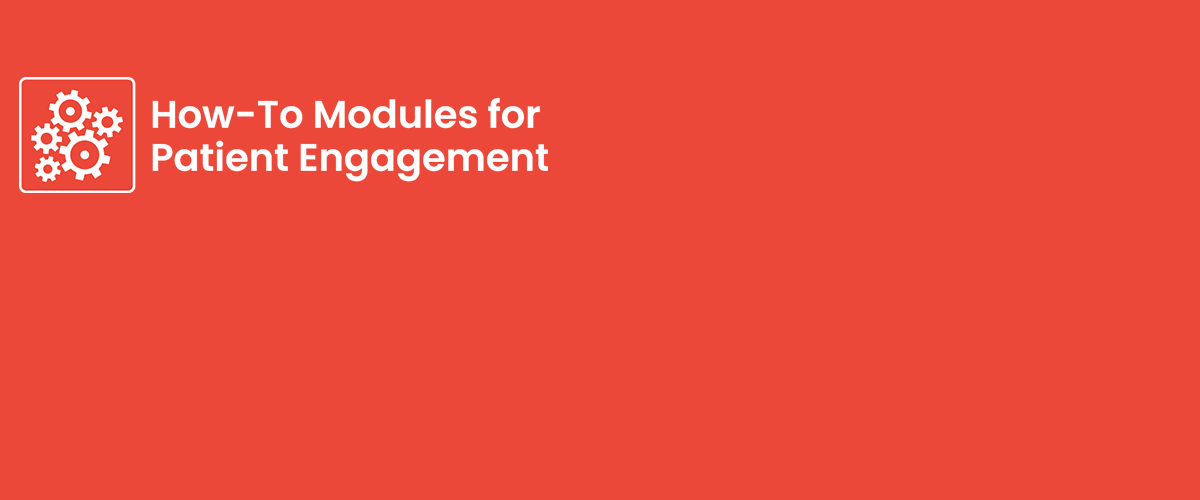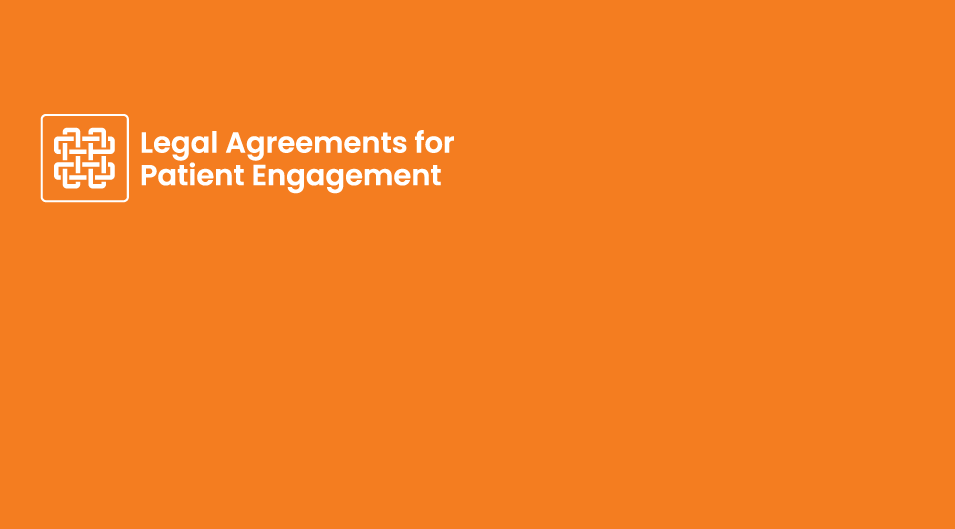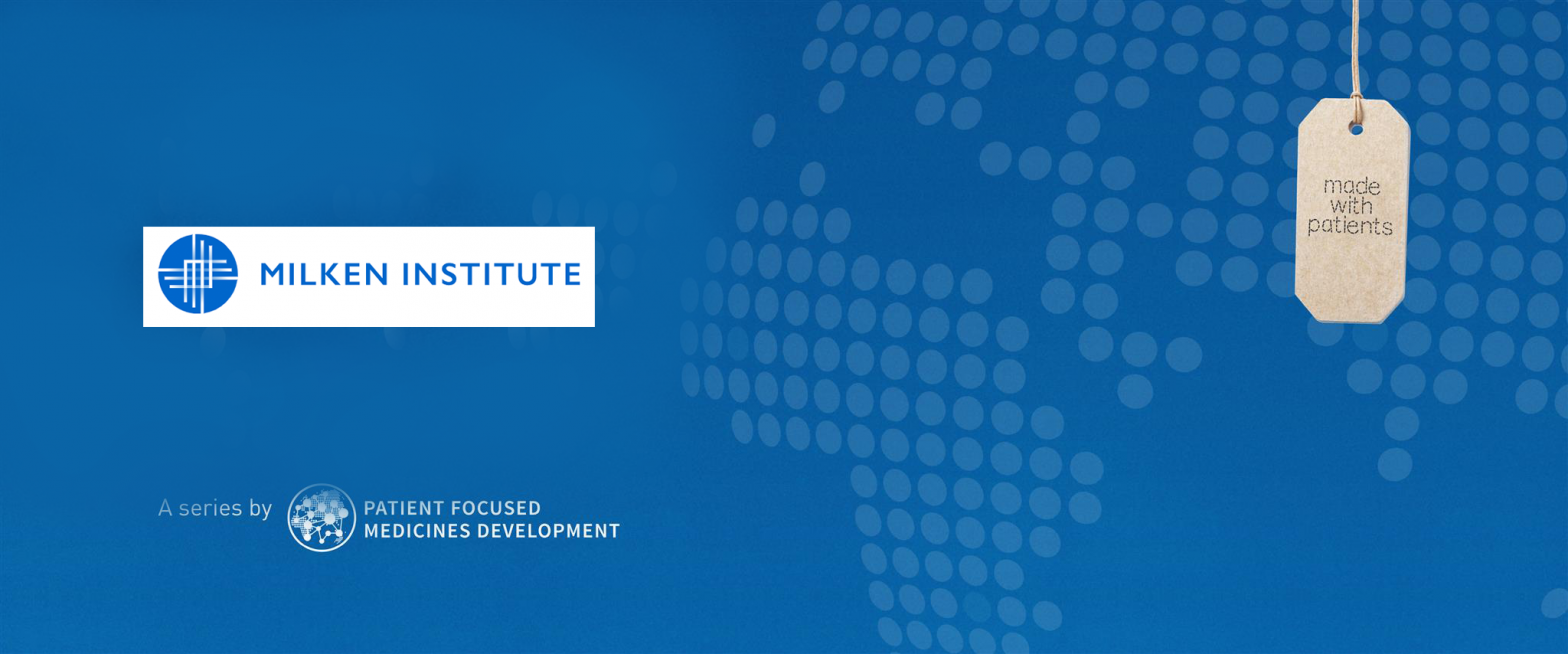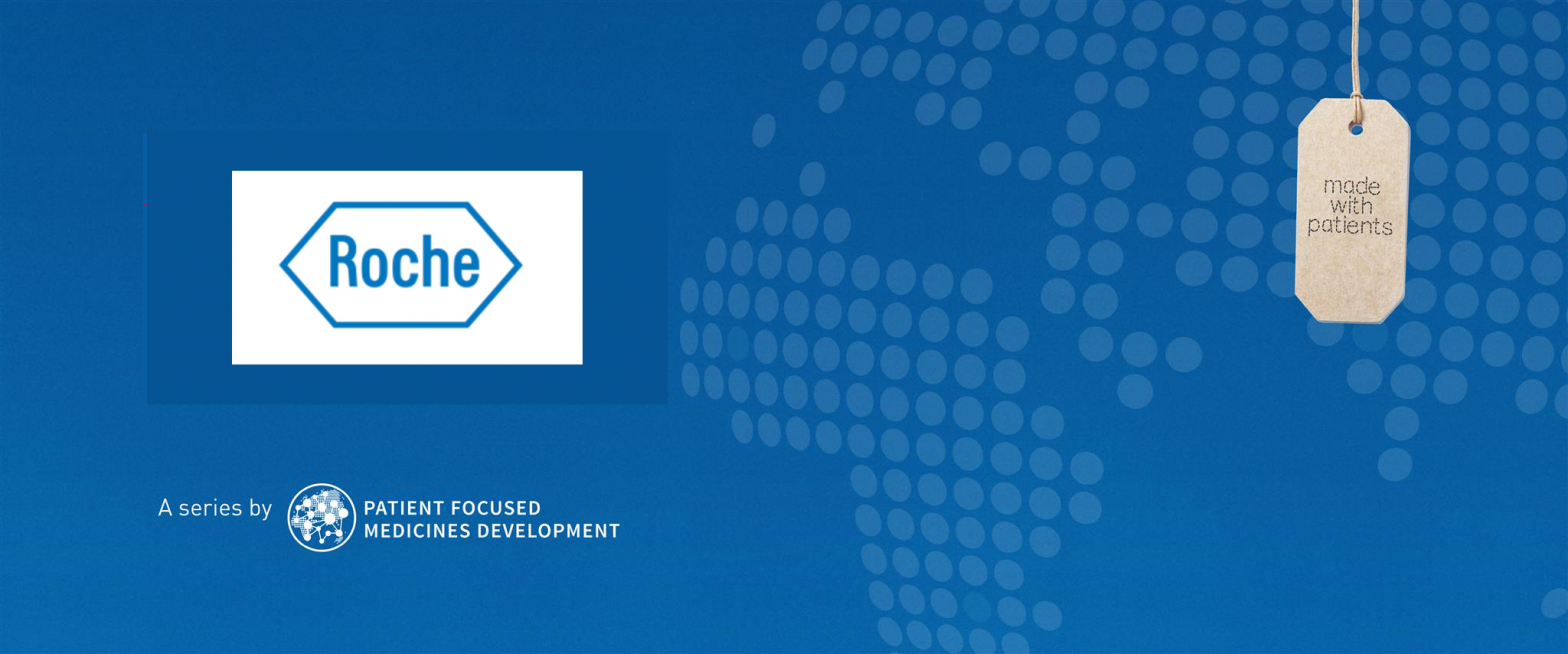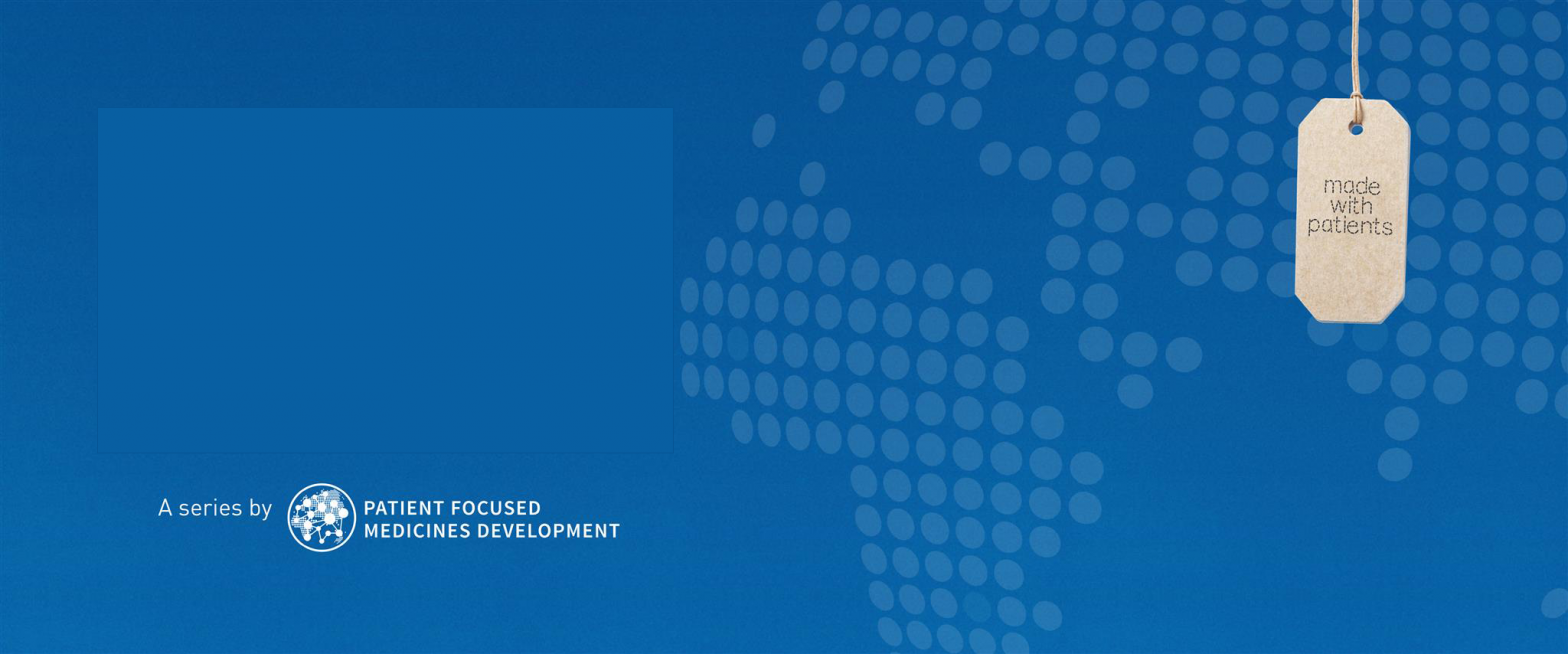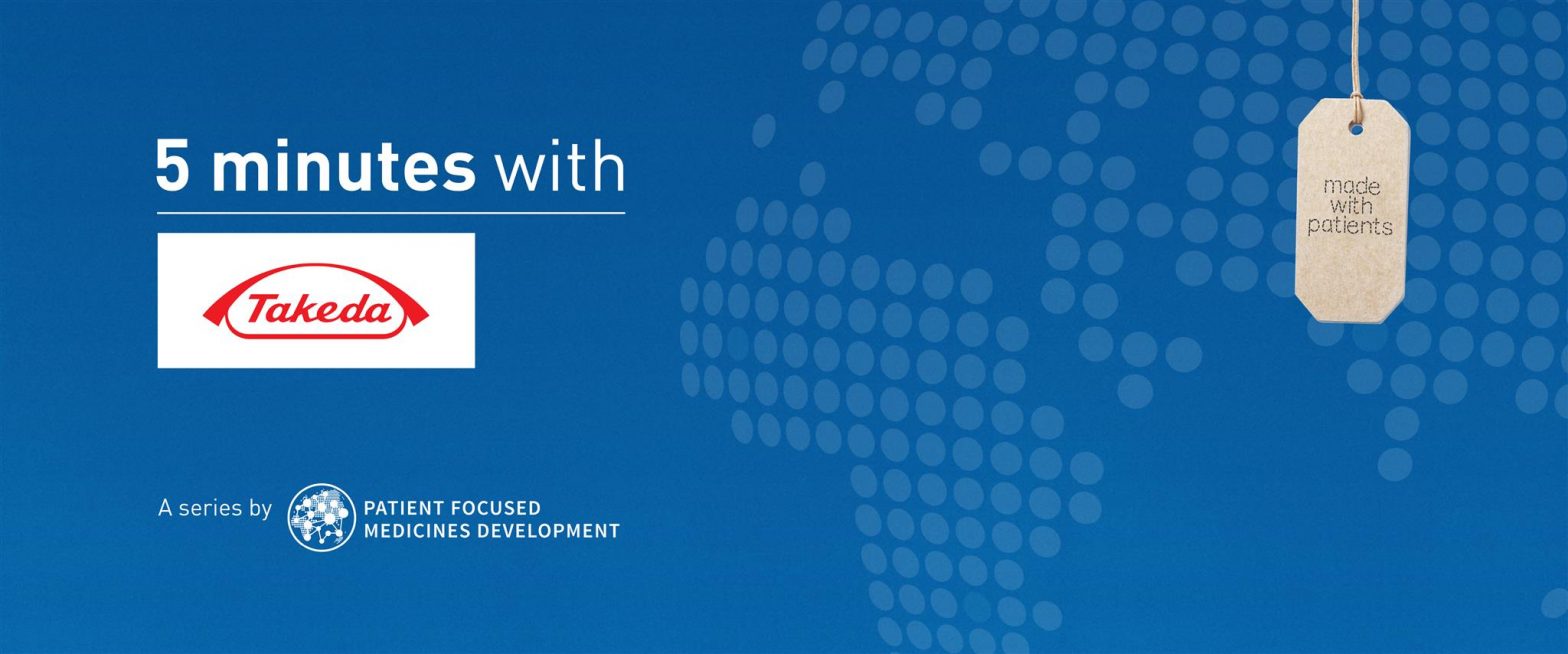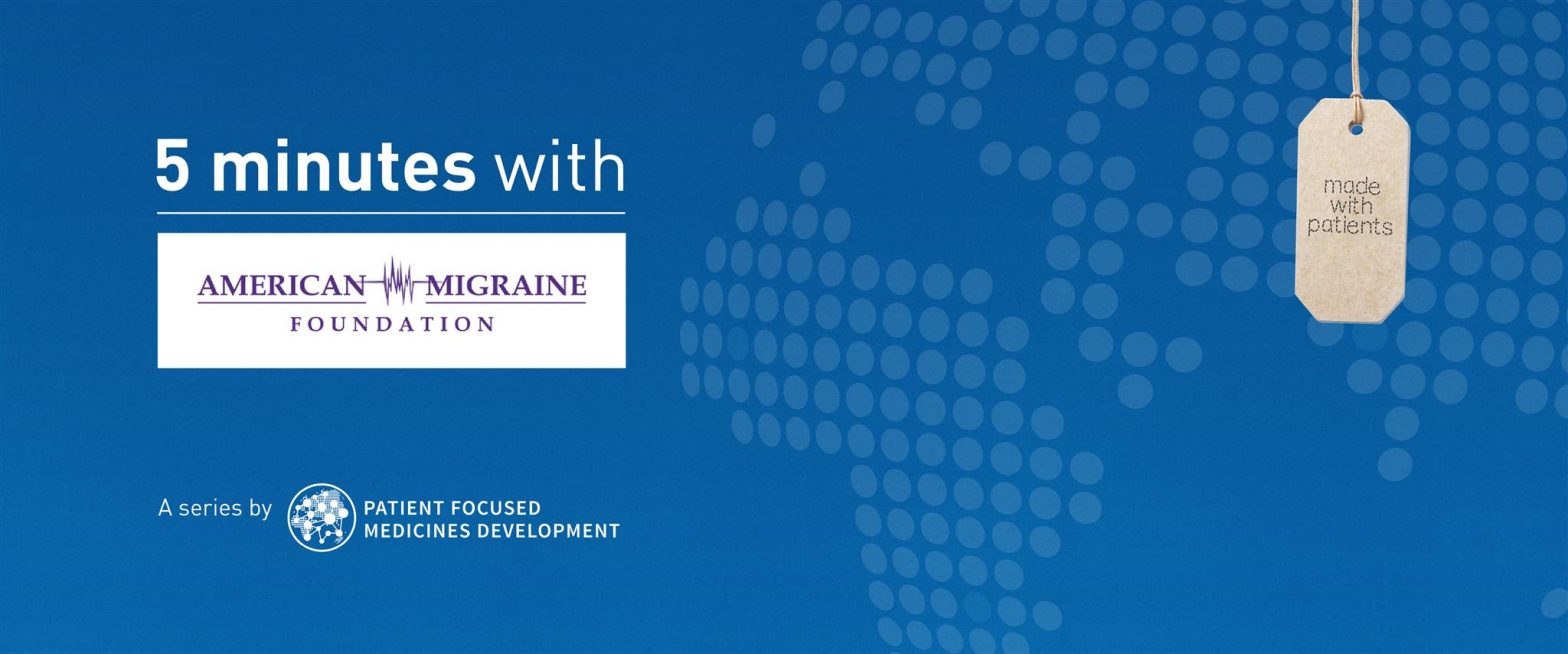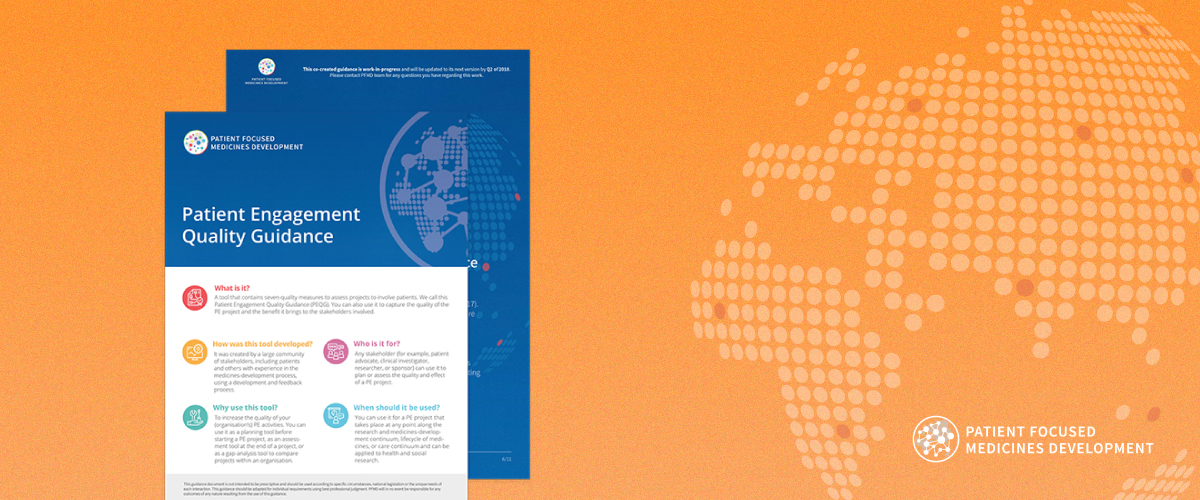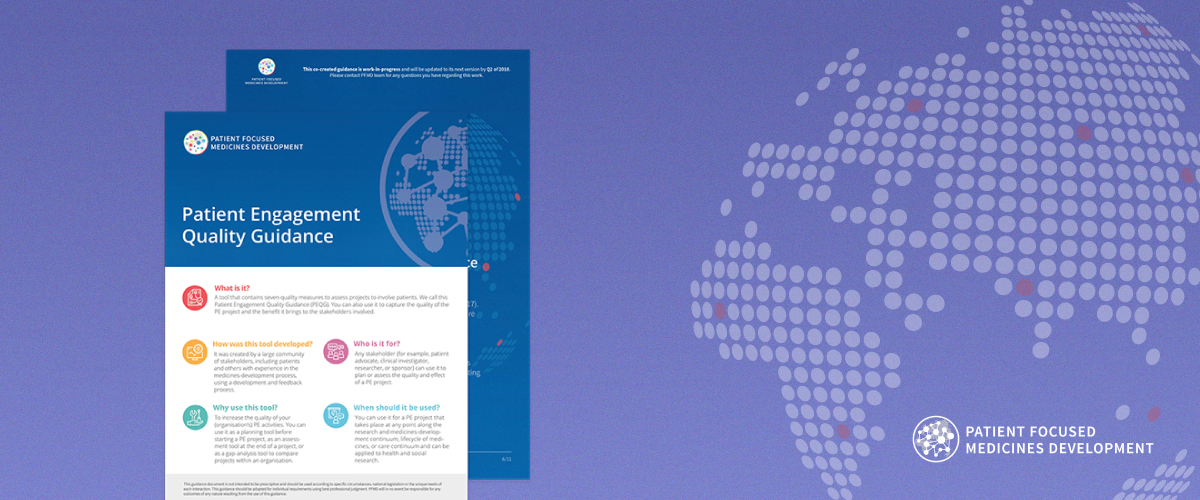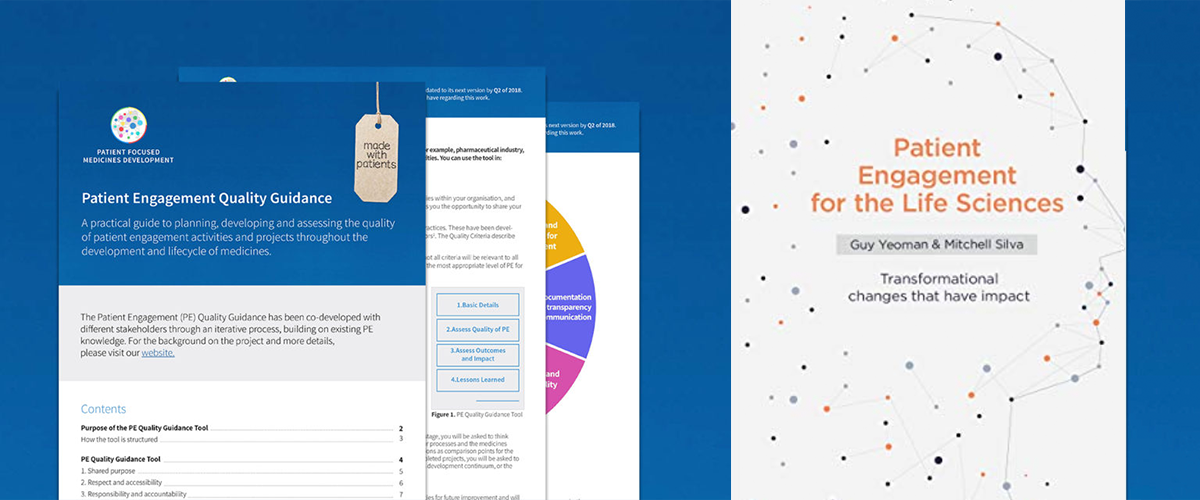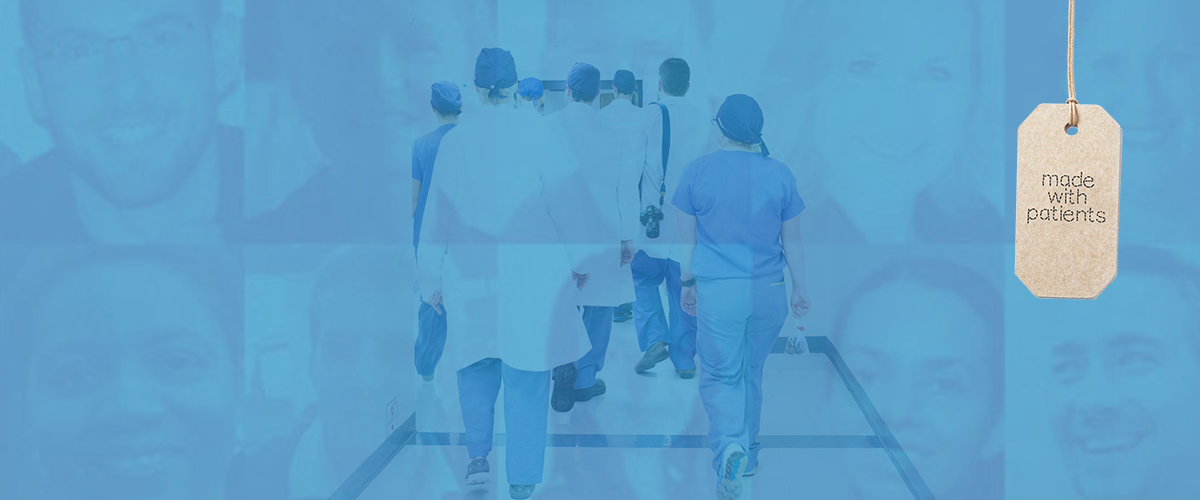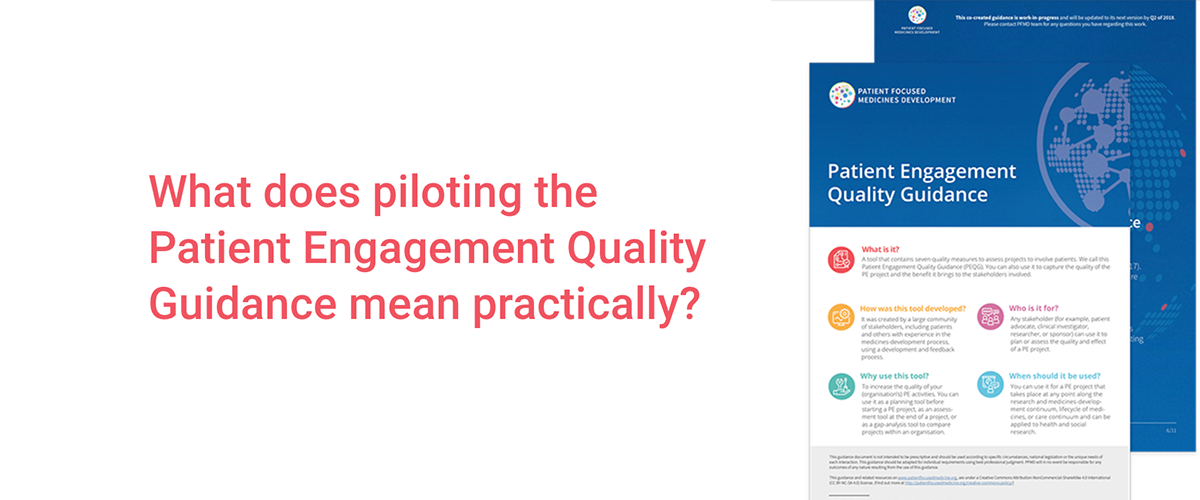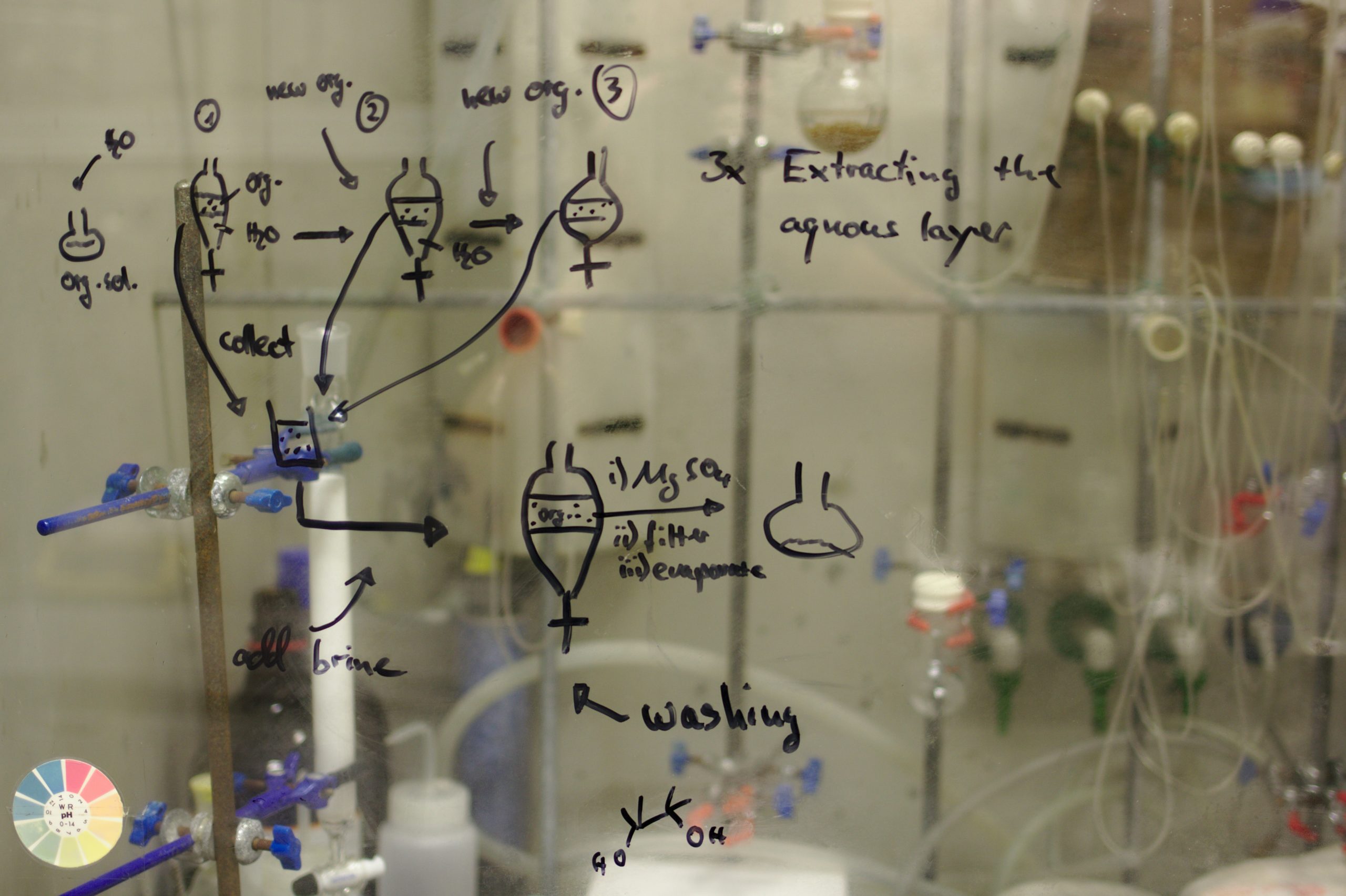Philippe Legenne MD Executive Medical Director, Oncology AMGEN (Europe) discusses the evolution of effective patient engagement in the field of oncology and the importance of structured collaboration between cancer care stakeholders in a recently filmed video.
“The field of patient engagement and cancer has evolved a lot in the past years because cancer care is improving. Patients are living longer and little by little we are transforming cancer care into chronic care. This is great news and creates a lot of opportunities but it has also created the need for patient organisations to support their peers differently than they used to in the past.
For example, symptoms like fatigue have changed from being very pronounced during the era of chemotherapy to being less so in the current era of immunotherapy and targeted therapies. Patient organisations can help patients to understand what the effects of the new treatments are and help support them throughout their care.
Patient organisations have a critical role to play in communicating information to patients about different clinical trials they may be able take part in – they are the best advocates for that. We in pharma need to work with these patient organisations and explain what trials are coming up, what trials are currently open and how patient advocacy groups can communicate this to their peers.
In pharma, we are technicians and we tend to think about what’s best for a clinical trial but sometimes there is a risk that a trial is not appealing to the patient community – it is very important that we are aware of patients’ reality.
Another important example of how patient engagement is essential to medicines development in cancer care is in the communication of trial results. Those results are often complicated and very technical – patient advocacy experts can translate these results into something which is meaningful for patients.
We all have to understand that we all either have been patients, will be patients or know patients. We need to integrate the patient voice early on and embed it throughout the lifecycle of cancer care from research and development right through to treatment.
We need to have patient representatives sit with us early on as we develop our protocols, when we execute them, when we articulate the results and also when we think about who new products should be accessible to and how these products are embedded into future care.
I really hope that we can help accelerate the maturation of patient organisations so they can play their role, advising the different stakeholders: pharma, payers, regulators, doctors and patients.”
PFMD is a global coalition that aims to transform the way in which we understand, engage, and partner with patients in the design and development of research and medicines. We are bringing together and synergizing disparate but complementary efforts that integrate the voice of the PATIENT across the lifecycle of medicine. We welcome membership from institutions, organisations and enterprises that support a better future for patients. Join us and help shape the patient engagement landscape.
We need to make cancer clinical trials appealing to patients and reflect patients’ reality
Tags:






